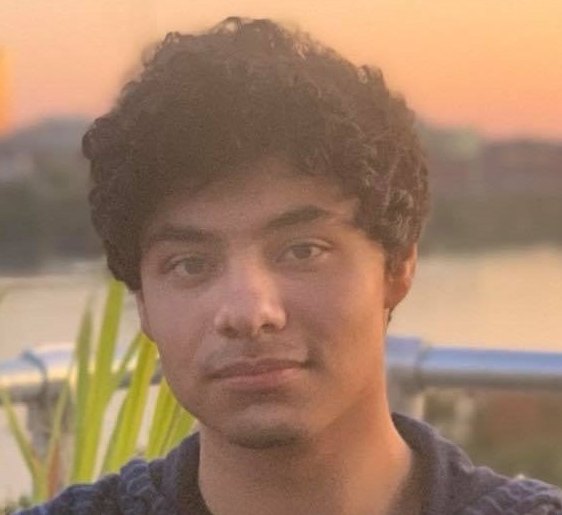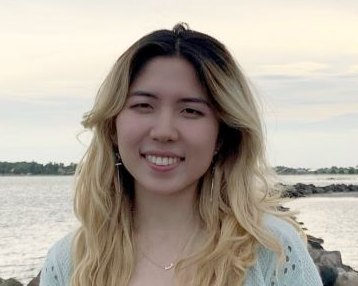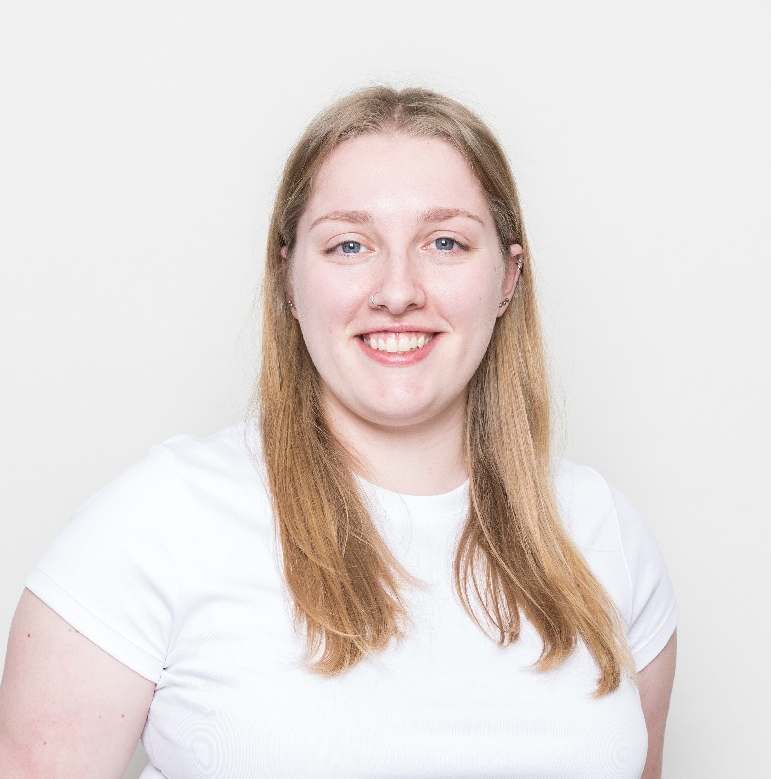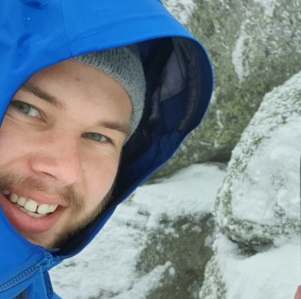"Hamburg is a great place to come for research"
After completing his bachelor's degree in physics at the Massachusetts Institute of Technology (MIT), specializing in theoretical and computational particle cosmology, Cannon Vogel came to Hamburg for a research internship. He spent six months in the Astroparticle Physics Group of Prof. Dr. Günter Sigl (Universität Hamburg) that was funded by the Hamburg Ministry of Science, Research, Equality and Districts. In an interview with us, he talked about his experiences in Hamburg.
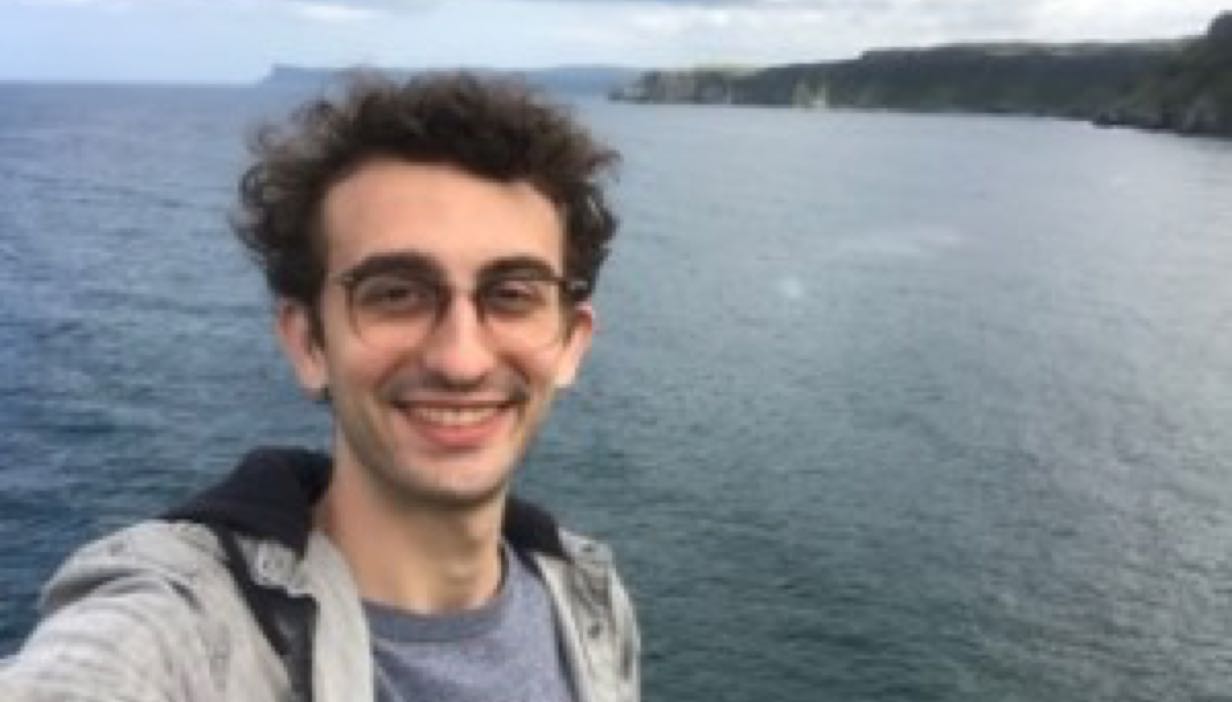
Cannon, what made you choose Hamburg as a destination for your internship? What did you find here – regarding your scientific interests – that you could not find in other places?
I chose to come to Hamburg for a few reasons: DESY, as a world renown research institute, was a large motivator and thoroughly delivered on its promise of scientific community; the region and culture of Germany was something I had been excited to immerse myself in, especially given the historical narrative of physics being deeply tied to the area; and the specific work of the Quantum Universe group is exciting for its breadth and cross-subfield collaboration, which I have enjoyed.
What kind of research are you working on in your research group here in Hamburg?
I’m currently working on axion resonance, particularly considering the way collisions of axion stars could potentially constrain the particle’s properties. Axion stars are clumps of axions (a dark matter candidate) which slowly decay into light (with some back-reaction), but have the potential to quickly decay under specific models and situations.
What, in your view, is the biggest difference between UHH/DESY and MIT? Do you feel, for example, that there are differences between Germany and the U.S. regarding lab or research group culture?
I’ve found that work-life balance here is much more prominent, with less expectation of being always available and more ability to take time to think and experience the area outside of physics. It’s been a relaxing change, but it also hasn’t hindered my productivity - having a finite work schedule means that time at work is more efficient.
Have you already had a chance to get to know Hamburg a little bit? What is your impression of the city?
Exploring Hamburg with friends (both from DESY and elsewhere) has been a great pleasure of living here. Especially if you enjoy music or art, there is always something happening, and I’ve had few empty days on the weekends simply due to the number of fun things my friends keep inviting me to. I definitely recommend the philharmonic, botanical garden, museums, docks, and simply walking around to explore the city and taste the delicious food (you have to have a franzbrötchen during your stay).
What is the most important thing you have learned – for your scientific career or for life in general – during your stay here?
While I’ve learned a lot here, I currently feel that the most important thing has been developing independence and confidence in my ability to succeed in a different environment. Not speaking German, I was worried that life would be difficult here, but through the help of many friends, DESY staff, and nice everyday people, it has been a great experience and one that I will remember as I continue to perform physics at the international level.
What are your career plans? Would you like to stay in science?
I plan to pursue a PhD after finishing this program, and thanks to the confidence gained here, I’ve further opened myself up to opportunities in Europe and beyond. For a career, I would like to stay in science academia to continue my passion for research.
Would you consider coming back for further research stays in Hamburg in the future, for example as a PhD student or a postdoc?
I’m currently considering this and think that my experience and friend group here would already leave me comfortable and capable if I end up staying in the area long-term. I’ve also told many friends back home that Hamburg is a great place to come for a research stay, and would highly recommend institute and program.
Thank you very much, Cannon!
